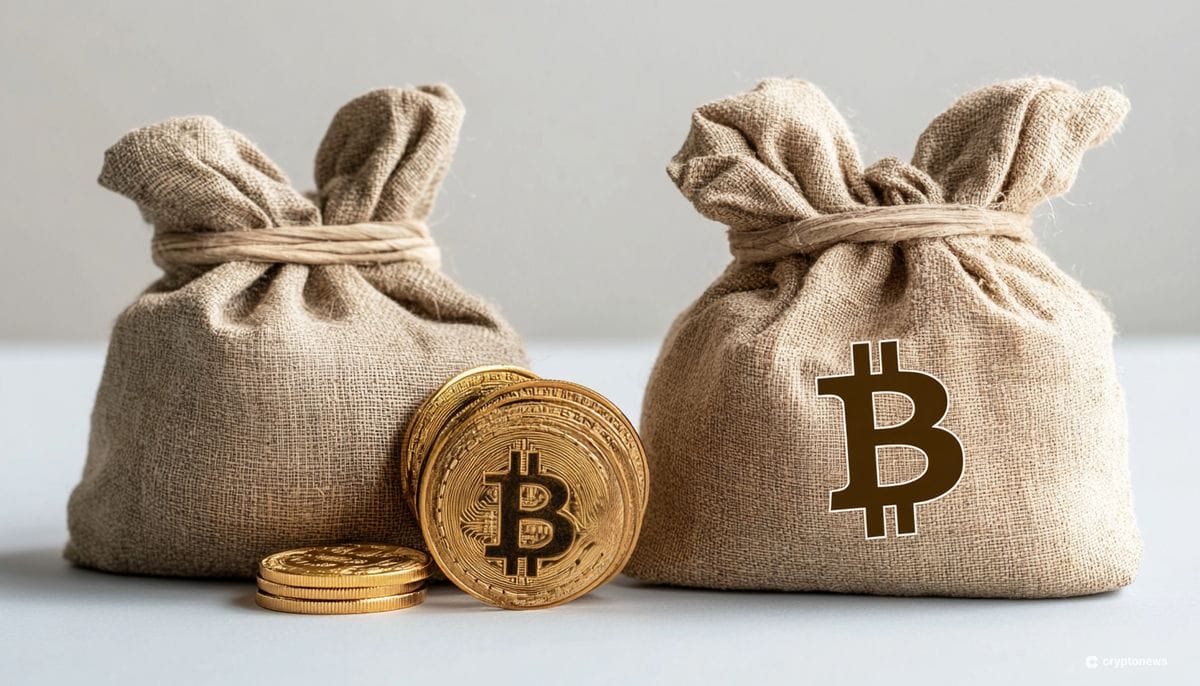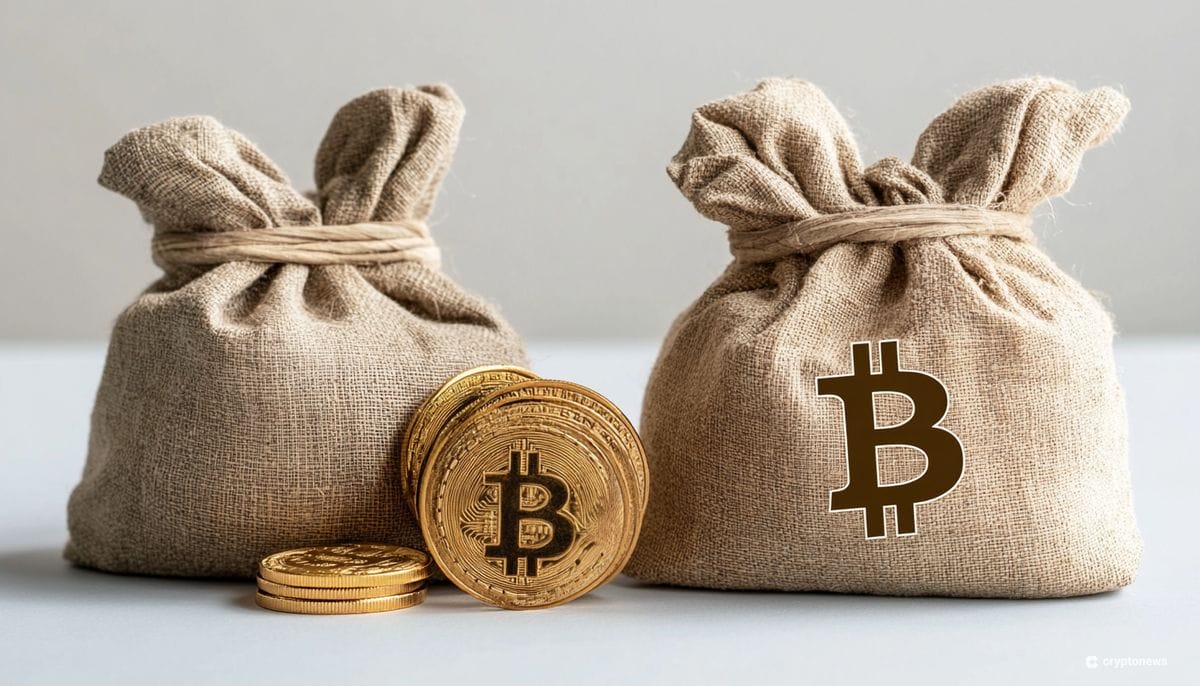Last updated:
 Why Trust Cryptonews
Why Trust Cryptonews

German parliament member Joana Cotar believes Bitcoin could transform the fight against inflation and promote economic independence.
In an October 9 interview, Cotar highlighted Bitcoin’s potential to safeguard wealth, stating that inflation is “stealing money from the people every month” and that Bitcoin can offer financial sovereignty and protect against this erosion of value.
Bitcoin Reduces Inflation and Restores Financial Independence
Cotar stressed the importance of individual financial sovereignty, particularly during times of economic instability. She argued that Bitcoin gives people the power to manage their own wealth without relying on traditional banking systems or government-controlled currencies.
“Bitcoin is going to fix this. It’s about basic freedom rights for people, getting sovereignty back as individuals,” said Cotar.
She emphasized that it can restore individual financial sovereignty, reducing reliance on centralized institutions.
“Not depending on the government. Not depending on the banks…Being free as an individual, that’s something dear to my heart,” she added.
She also highlighted the asset’s potential in regions struggling with financial inclusion, particularly developing countries. Cotar noted that Bitcoin can bring financial inclusion and economic sovereignty.
“The financial inclusion you get from Bitcoin, the economic sovereignty you get from Bitcoin – there are so many aspects why Bitcoin is good for the world,” stated Cotar.
Germany Closes 47 Crypto Exchange Platforms
Germany has shut down 47 crypto exchange platforms over allegations of illegal operations. These exchanges reportedly facilitated anonymous transactions without registration or verification, violating anti-money laundering regulations.
Authorities claimed the platforms allowed users to trade traditional and digital currencies, effectively hiding the origins of large sums of money. The platforms allegedly enabled quick, anonymous transactions between cryptocurrencies and other forms of digital currency.
The exchanges are said to have been used by various cybercrime syndicates, including ransomware groups and darknet vendors, to funnel illicit funds into the mainstream financial system.





